Earth
Sign up for our newsletter
We summarize the week's scientific breakthroughs every Thursday.
-
 Climate
ClimateClimate change is driving the extreme heat baking France’s Olympics
In this week’s Extreme Climate Update, we look at record-breaking temps around the world and explain what the heat index is.
By Nikk Ogasa -
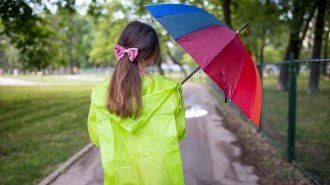 Health & Medicine
Health & MedicineSome ‘forever chemicals’ may be absorbed through our skin
PFAS, which are found in common products such as cosmetics, food packaging and waterproof gear, have been linked to health problems.
-
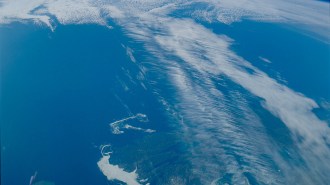 Climate
ClimateEarth’s jet stream helps create the seeds of clouds
The newly discovered process for making aerosols might also be the most productive.
-
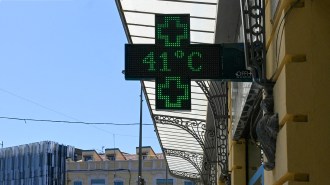 Climate
ClimateEarth keeps breaking global heat records
How hot could it get? In the first edition of Science News’ Extreme Climate Update, we look at how high temperatures could soar.
-
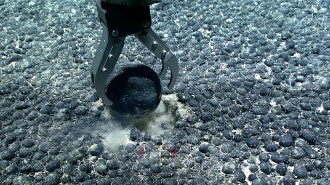 Oceans
OceansIn a seafloor surprise, metal-rich chunks may generate deep-sea oxygen
Instead of sinking from the surface, some deep-sea oxygen may be created by battery-like nodules that split water into hydrogen and oxygen.
By Sid Perkins -
 Climate
ClimateTwisters asks if you can 'tame' a tornado. We have the answer
Science News talked to a meteorologist and Twisters’ tornado consultant to separate fact from fiction in Hollywood’s latest extreme weather thriller.
By Abby Wallace -
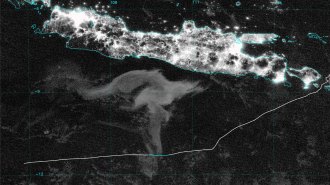 Oceans
OceansCan bioluminescent ‘milky seas’ be predicted?
For the first time, a scientist has used ocean and atmospheric data to find a milky sea, a huge expanse of luminous water, in past satellite images.
By Bas den Hond -
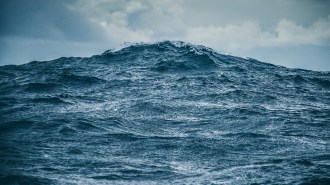 Oceans
OceansThis AI can predict ship-sinking ‘freak’ waves minutes in advance
The model, which was trained on data from ocean buoys to identify potential rogue waves, could help save lives.
By Nikk Ogasa -
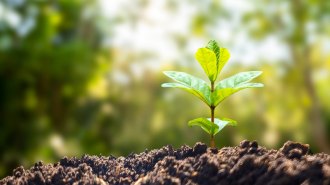 Climate
ClimatePlants might not hold on to carbon as long as we thought
Radiocarbon from bomb tests reveals that plants store more carbon than previously estimated in leaves and stems, which are vulnerable to degradation.
-
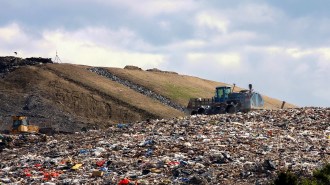 Environment
EnvironmentLandfills belch toxic ‘forever chemicals’ into the air
An analysis of samples from three Florida landfills shows that landfill gas can carry more PFAS than the liquid that leaches from the waste.
By Nikk Ogasa -
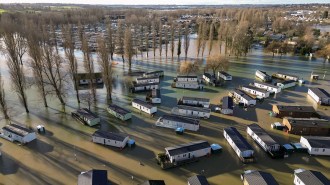 Environment
EnvironmentThe world has water problems. This book has solutions
The Last Drop tackles global water problems and explores how humans can better manage the precious resource.
-
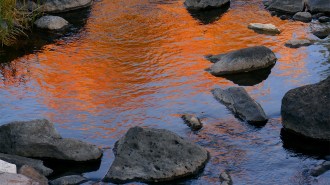 Environment
EnvironmentFederally unprotected streams contribute most of the water to U.S. rivers
A 2023 U.S. Supreme Court ruling that ephemeral streams aren’t protected by the Clean Water Act could have sizable ripple effects, a study suggests.
By Claire Yuan